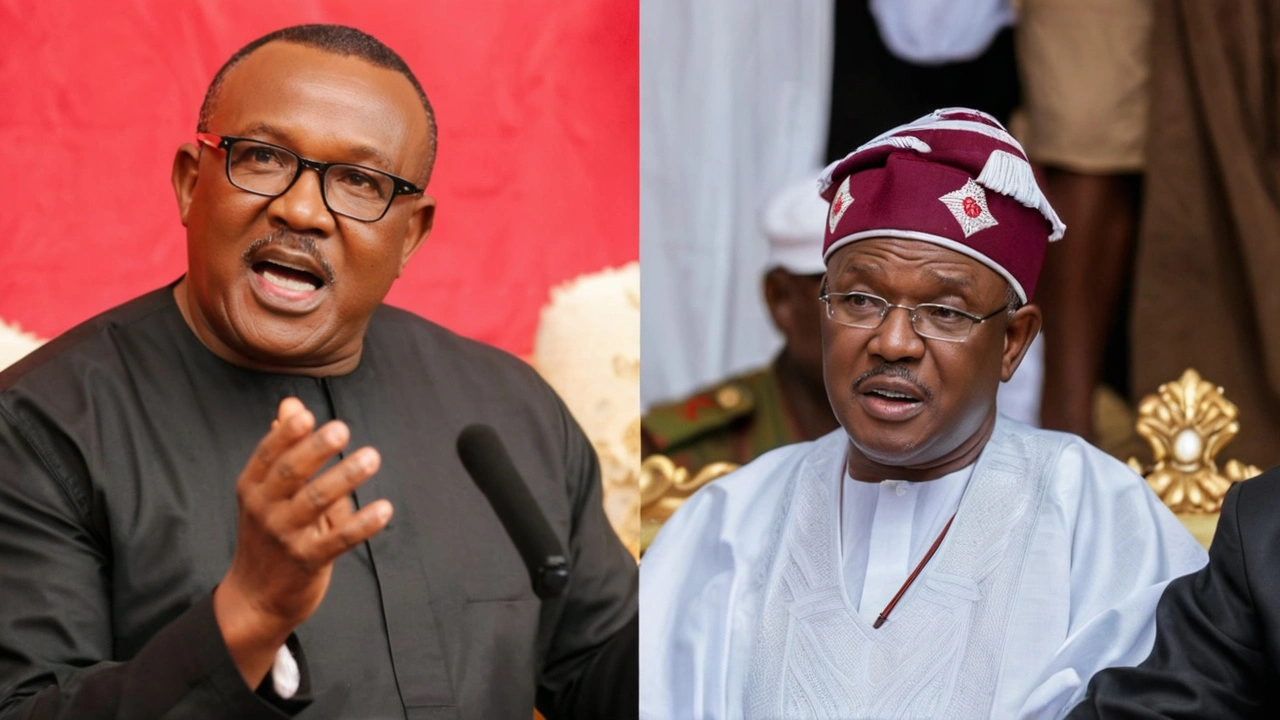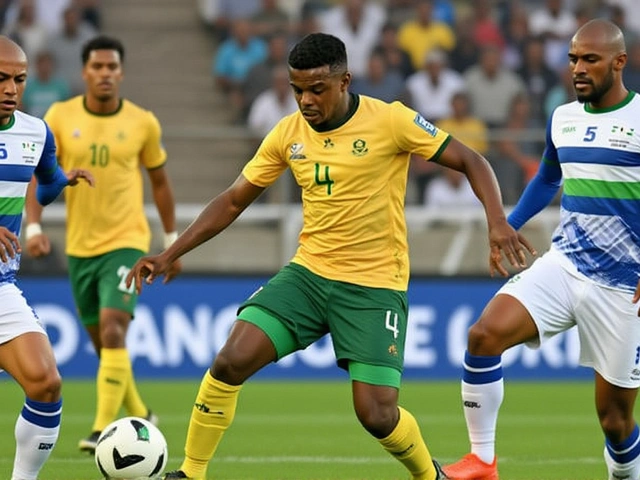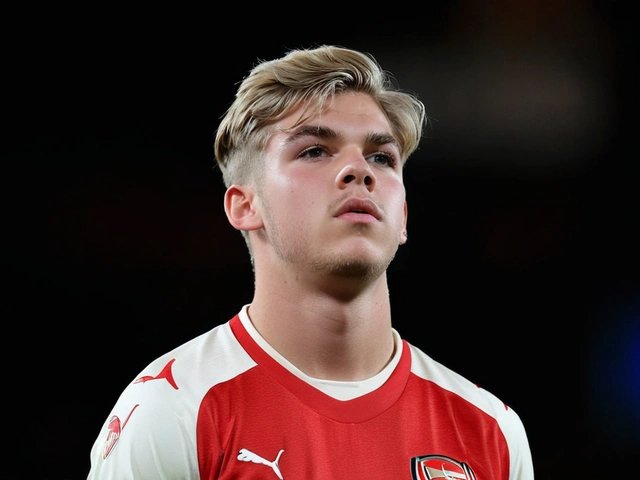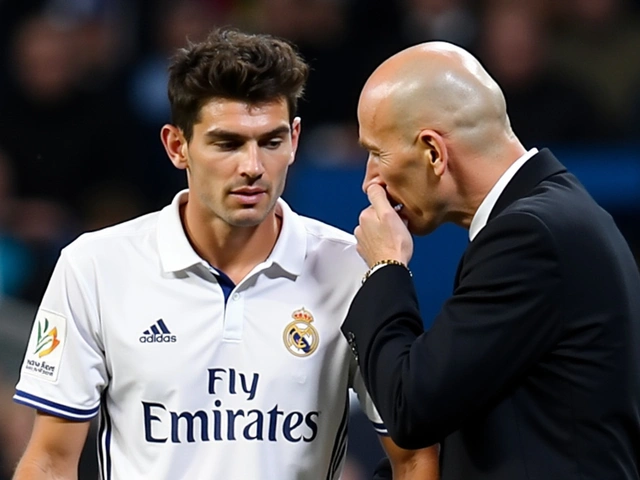
HURIWA Criticizes Government's Accusations Against Peter Obi Over Protest Plans
In a heated political climate, the Human Rights Writers Association of Nigeria (HURIWA) has come forward to vehemently denounce the accusations made by the federal government under Bola Tinubu's administration. The government, through its Special Adviser on Media and Strategy, Bayo Onanuga, has alleged that Peter Obi's supporters are orchestrating planned nationwide protests against the prevailing economic hardship. HURIWA labels these claims as not just baseless, but also an effort to silence valid expressions of public discontent.
Background
The accusations come at a time when Nigeria is facing intense economic challenges. The rising cost of living, unemployment, and inflation have put immense pressure on ordinary Nigerians. In this context, the government’s allegations against supporters of Peter Obi, the Labour Party's 2023 presidential candidate, have intensified the political discourse. Special Adviser Bayo Onanuga accused Obi's supporters of intending to incite protests that could lead to anarchy, equating the planned demonstrations to those witnessed during the 2020 ENDSARS movement, which he claims were infiltrated by separatist elements.
HURIWA’s Response
HURIWA quickly took a stand against these claims, arguing that the allegations are devoid of any substantive evidence. The association stated that this move is an obvious attempt to quash the voices raising legitimate concerns about the economic policies of the current administration. HURIWA argues that these accusations serve to distract from the critical issues that the protests aim to address — the crippling economic conditions that have left many Nigerians in dire straits.
HURIWA emphasized that peaceful protests are a fundamental aspect of a functional democracy. By alleging that Peter Obi's supporters are plotting chaos, the government is, according to the association, painting all forms of dissent in a negative light. This, they caution, could discourage public participation in the democratic process and further alienate already frustrated citizens.
The Role of Peter Obi
Peter Obi, known for his pragmatic approach to governance and economic issues, has been a vocal critic of the current administration’s policies. His supporters have similarly been active in expressing their dissatisfaction with the state of the nation’s economy. However, the accusations aimed at him and his supporters have raised questions about the government's response to criticism.
Analysts suggest that the government’s statements may be part of a broader strategy to undermine opposition figures and deter mass mobilization. By linking the planned protests to separatist activities, the administration appears to be setting the stage for a crackdown on demonstrators under the guise of maintaining national security.
Memories of ENDSARS
The mention of the ENDSARS protests in the government's allegations is particularly significant. The 2020 demonstrations against police brutality gained international attention and highlighted widespread issues within Nigeria’s security forces. While the protests began peacefully, they eventually escalated into violent clashes. The government's response, which included a mix of concessions and force, left a lasting impact on the national consciousness.
Bayo Onanuga's assertion that separatist elements infiltrated the ENDSARS protests is viewed by critics as an attempt to delegitimize the movement. By drawing parallels between those protests and the planned demonstrations against economic hardship, the current administration seems to be laying the groundwork for a similar narrative.
The Wider Implications
The controversy has far-reaching implications for Nigeria’s democratic landscape. It underscores the tension between the government and civil society at a time when the country is grappling with significant economic and social challenges. The right to peaceful protest is enshrined in democratic principles, and attempts to suppress it could have severe consequences for public trust in governance.
HURIWA's condemnation of the government’s accusations reflects a broader concern among civil rights organizations about the shrinking space for civic engagement. As Nigeria faces mounting economic pressures, the ability of citizens to voice their concerns and demand accountability remains crucial for maintaining social stability.
Conclusion
As the nation awaits further developments, the key question remains whether the government will address the root causes of the planned protests or continue to target opposition figures and their supporters. The response will significantly influence the political and social landscape in Nigeria, potentially setting the tone for future interactions between the state and its citizens.
July 23, 2024 AT 07:17
Peaceful protest is not a threat. It is the heartbeat of democracy. When people are hungry and unemployed, silence is complicity. The government should be listening, not labeling. HURIWA is right to speak up. This is not about one man. It is about the dignity of millions.
July 25, 2024 AT 05:00
Let’s not ignore the operational reality here. The state is deploying narrative control as a strategic asset. By framing dissent as separatist infiltration, they’re activating threat escalation protocols. This is classic regime stabilization via fear-mongering. The ENDSARS parallel isn’t accidental-it’s a playbook. We’re witnessing a soft coup of public discourse.
July 26, 2024 AT 22:58
Honestly? I just want to eat without crying. 🥲 The government’s playing chess while we’re just trying to survive checkers. Peter Obi didn’t create inflation-he just said it out loud. And now they’re treating truth like a riot. We need solutions, not slogans. And maybe… just maybe… someone should fix the economy instead of silencing the people?
July 28, 2024 AT 00:04
Oh please. Bayo Onanuga thinks he’s Machiavelli with a Twitter account. ‘Separatist elements’? That’s the same tired script they used in 2020. They don’t fear protests-they fear accountability. And they know if people remember ENDSARS, they’ll remember who lied. So they lie again. Pathetic.
July 29, 2024 AT 05:56
YESSSSS!!! HURIWA is doing GOD’S WORK!!! 🙌 People are suffering, and instead of fixing it, they’re throwing labels like ‘anarchy’ and ‘separatists’ like it’s a video game. This is not politics-it’s panic. We need leaders who listen, not lie. Peter Obi didn’t ask for this-he just dared to say the truth. And that’s why they hate him!!!
July 29, 2024 AT 18:36
The economic conditions are real. The unemployment rate is above 33% in some states. The fuel subsidy removal didn’t fix anything-it just moved the pain. Protests aren’t planned chaos. They’re the result of years of neglect. HURIWA’s statement is measured, factual, and necessary. The government’s response is the real threat to stability.
July 31, 2024 AT 15:04
Peter Obi is just a politician trying to gain power. The government is protecting national unity. You can’t have protests every time someone doesn’t like the price of garri. This is Nigeria. We need discipline, not drama.
August 1, 2024 AT 00:51
You people are so dramatic. It’s just money. People are complaining because they’re lazy. Obi’s supporters are just mad because he lost. Stop making everything a revolution. Just go to work.
August 2, 2024 AT 12:40
The performative outrage of the state is a Hegelian dialectic of control-where dissent is commodified as threat to justify the expansion of sovereign power. The government’s rhetoric mirrors Foucault’s panopticon: surveillance through semantic framing. Obi is not the target. The collective consciousness is. They fear the epistemic rupture-the moment the people stop believing the myth of legitimacy. And so they weaponize ENDSARS as a spectral bogeyman to reassert epistemic hegemony.
August 3, 2024 AT 02:17
They’re scared. That’s it. No evidence. No proof. Just fear. And fear makes people say stupid things.
August 4, 2024 AT 02:01
i just wish someone would fix the electricity so we can charge our phones before we go out to protest... this is so heavy. i dont even know what to say anymore
August 5, 2024 AT 09:35
The ENDSARS comparison is intentional. It’s not about Obi. It’s about controlling the narrative of collective action. The state knows what happens when people organize. They’re preemptively pathologizing dissent.
August 6, 2024 AT 23:18
I don’t know much about politics but I know my salary doesn’t stretch anymore. If people are protesting, maybe they’re not wrong. I just hope it stays peaceful.
August 7, 2024 AT 16:12
Democracy isn’t a system where the government gets to decide who is allowed to be angry. It’s a system where the people get to decide what’s wrong. If the government fears protest, maybe they should ask why the people are protesting instead of calling them traitors.






July 22, 2024 AT 05:37
The government is playing the old game-blame the messenger, not the broken system! They’re terrified of people connecting the dots between inflation, fuel hikes, and the real culprits in Abuja. Peter Obi? He’s just a symbol now. The real threat is collective awareness. They know what happens when the masses stop being afraid. And they’re scrambling to paint dissent as treason. It’s not protest-it’s survival. And they’re treating survival like a crime!!!